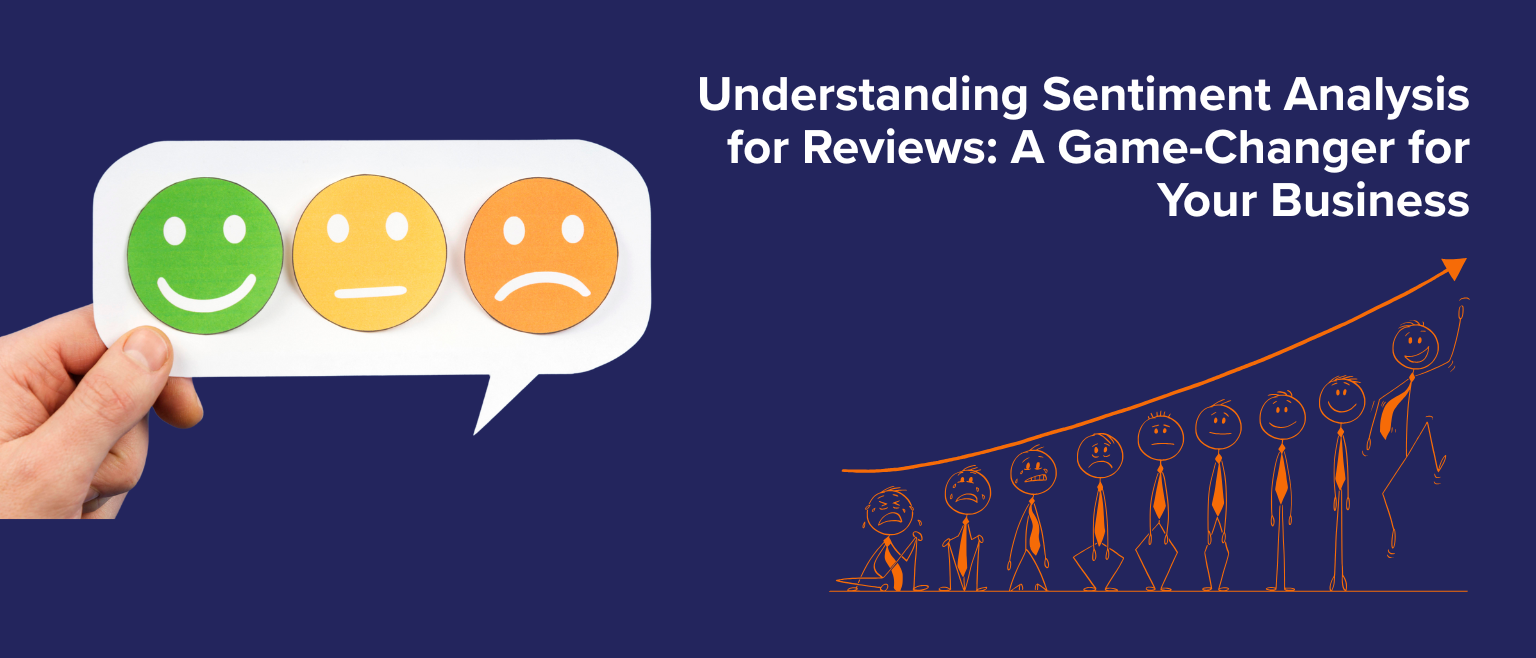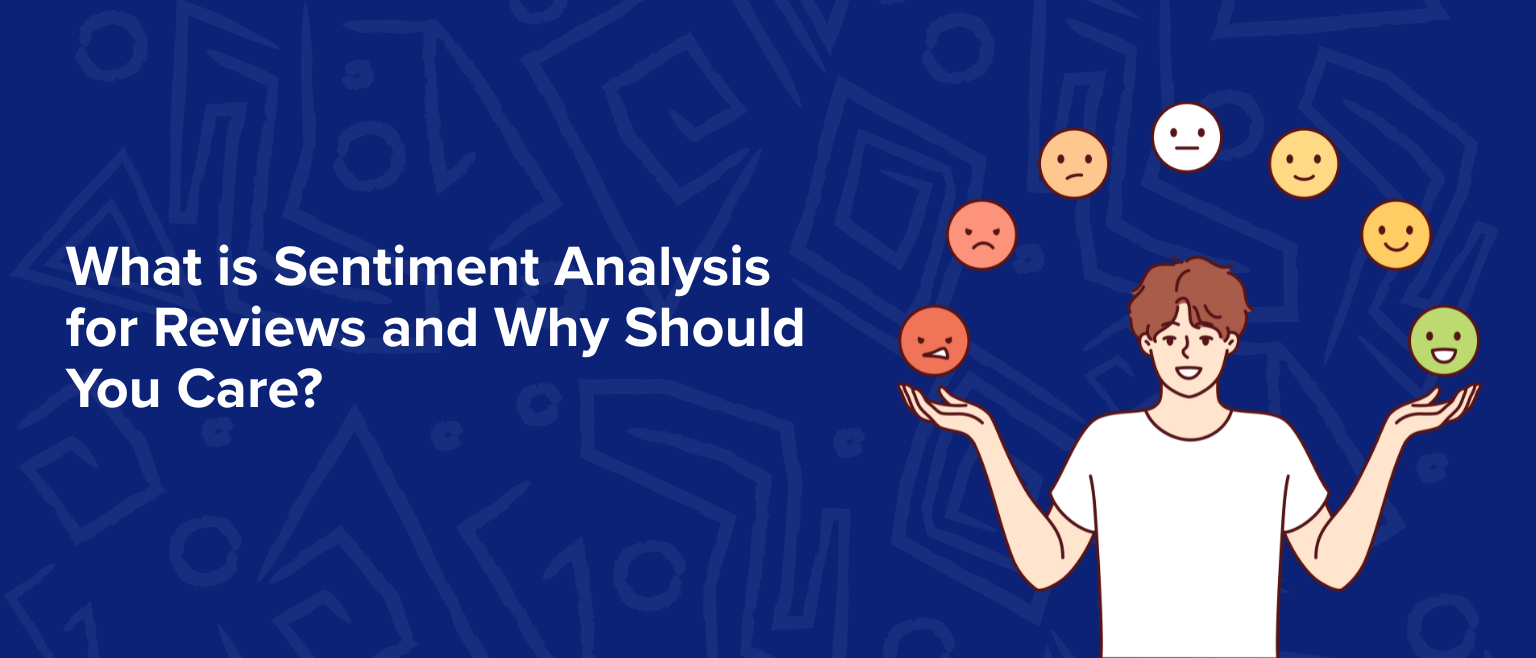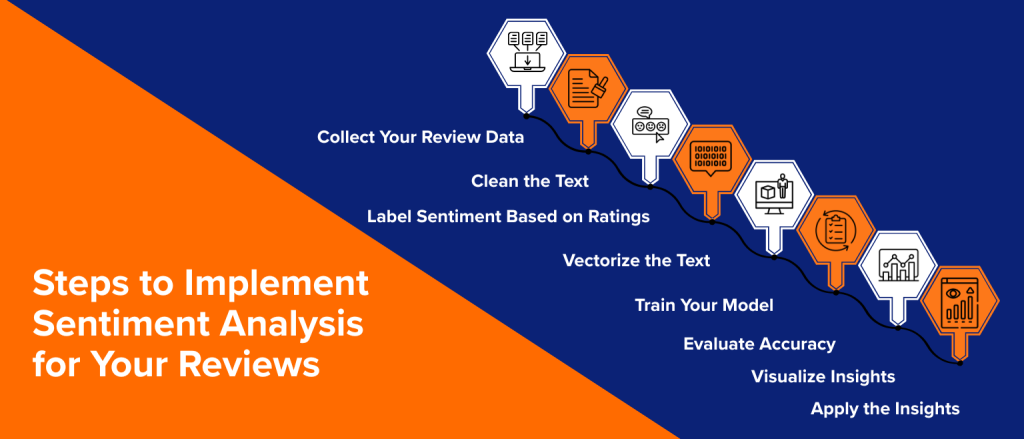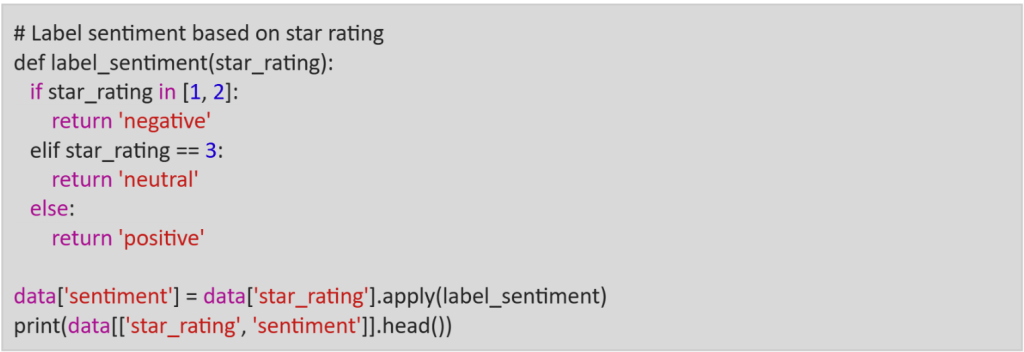
Customers are constantly leaving feedback online—some glowing, some not-so-much. But what if you could instantly understand how your customers feel just by analyzing their words? That’s where sentiment analysis for reviews comes in. It’s more than a tech buzzword—it’s a strategic tool that helps businesses decode feedback at scale and make smarter decisions.
Get Your Online Review Scorecard Instantly
Before you and your team can develop an Action Plan on strategies for elevating your online review performance, it makes sense to get a current-day snapshot of how you’ve been doing.
Fill out this form to have a scorecard delivered to your inbox within moments.
It assesses your:
- Average review score vs. competitors
- Review volume and consistency
- Customer engagement level
What is Sentiment Analysis for Reviews and Why Should You Care?

Sentiment analysis is a type of data processing that identifies and categorizes emotions in written feedback—classifying reviews as positive, negative, or neutral. This allows businesses to gauge overall satisfaction without having to read thousands of reviews manually.
Whether you’re running an e-commerce store, a local service business, or a SaaS platform, knowing how your customers feel—instantly and at scale—can transform your operations, product development, and marketing strategy.
How Sentiment Analysis Transforms Customer Feedback into Actionable Insights
Customer feedback is a goldmine of insights—but only if you know how to interpret it. That’s where sentiment analysis comes in. Rather than manually sifting through hundreds (or thousands) of individual reviews, sentiment analysis uses machine learning and natural language processing (NLP) to detect the emotional tone behind each review—whether it’s positive, negative, or neutral.
By automating the analysis of customer sentiment at scale, businesses can uncover patterns and trends that may otherwise go unnoticed. For instance, you might discover that product delivery is consistently praised, but customer service is frequently mentioned with dissatisfaction. These patterns help you move from guesswork to data-driven decisions.
Instead of treating reviews as isolated anecdotes, sentiment analysis lets you see the bigger picture—what your customers feel about different touchpoints of your business. This empowers teams to take strategic actions: improve service quality, adjust product features, train staff, or even reframe marketing messages based on what resonates emotionally with your audience.
In short, sentiment analysis doesn’t just tell you what customers say—it reveals what they mean, allowing you to continuously optimize customer experience, strengthen loyalty, and drive business growth.
The Importance of Analyzing Positive, Negative, and Neutral Reviews

Each type of sentiment reveals something different:
- Positive reviews highlight your strengths—leverage them in marketing.
- Negative reviews expose weaknesses—use them for improvement.
- Neutral reviews can signal indifference—an opportunity to engage more deeply.
How Sentiment Analysis Can Improve Your Business Strategy
By identifying sentiment trends across products, locations, or timeframes, you can:
- Adjust your customer support strategies.
- Prioritize product enhancements.
- Launch more targeted ad campaigns.
- Track how sentiment changes after a product update or policy shift.
The Role of Machine Learning and Natural Language Processing in Sentiment Analysis
At its core, sentiment analysis relies on two technologies:
- Machine Learning (ML): Learns patterns in how words relate to sentiment.
- Natural Language Processing (NLP): Helps machines understand human language, including tone, slang, and context.
Together, ML and NLP create models that can process thousands of reviews quickly and accurately—transforming messy text into structured business intelligence.
Sentiment Spotlight: Watch This Insightful Video
Curious how your reviews reflect customer emotion?
This quick explainer video breaks down the real meaning behind review sentiment and how platforms like My Review Concierge make these insights accessible through visual dashboards.
Watch now to see how review trends turn into actionable intelligence.
Steps to Implement Sentiment Analysis for Your Reviews

Here’s a simplified roadmap to building your own sentiment analysis workflow—even if you’re a beginner:
1. Collect Your Review Data
Export or scrape reviews from platforms like Google, Yelp, or your website.

2. Clean the Text
Use Python scripts to remove punctuation, lowercase everything, and strip out noise.

3. Label Sentiment Based on Ratings
Map star ratings to sentiment categories (1-2 = negative, 3 = neutral, 4-5 = positive).

4. Vectorize the Text
Convert text to numbers using TF-IDF to prepare for machine learning.

5. Train Your Model
Start simple with logistic regression to classify reviews.

6. Evaluate Accuracy
Check your model’s precision, recall, and overall accuracy.

7. Visualize Insights
Use bar charts or word clouds to highlight keywords in positive/negative reviews.

8. Apply the Insights
Translate the analysis into business strategy—optimize products, retrain staff, or boost high-performing campaigns..
Unlock the Power of Reviews with My Review Concierge
Don’t have time to build this from scratch? That’s where we come in.
My Review Concierge makes it effortless to collect, analyze, and act on customer feedback. Our platform combines machine learning with human support to help you:
- Automatically identify trends in your reviews.
- Visualize sentiment changes over time.
- Respond to feedback quickly and effectively.
Whether you’re a small business or a growing enterprise, sentiment insights can give you the edge in a competitive market.




